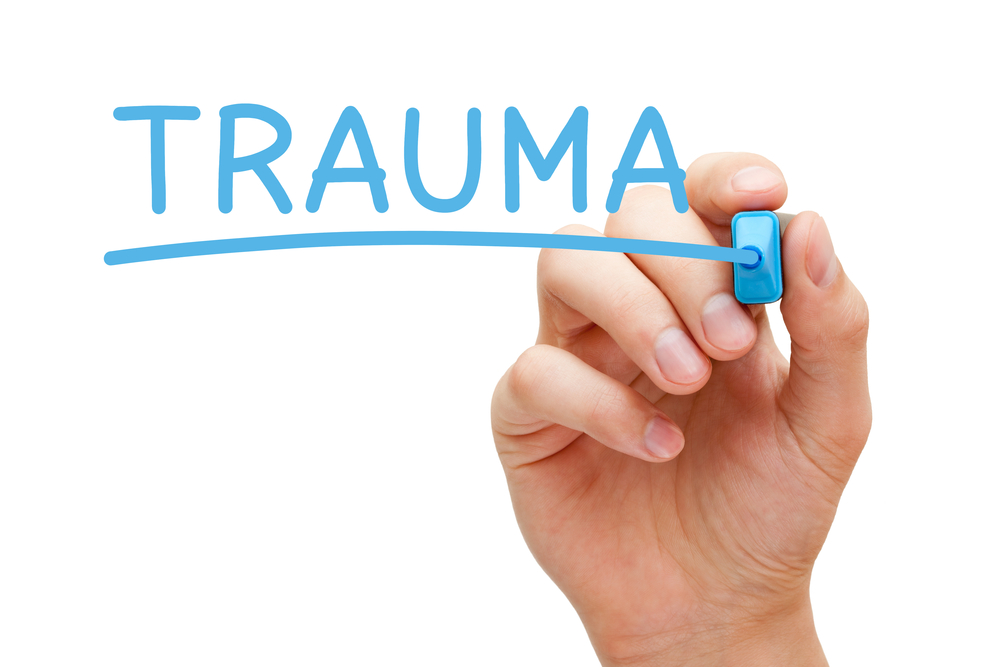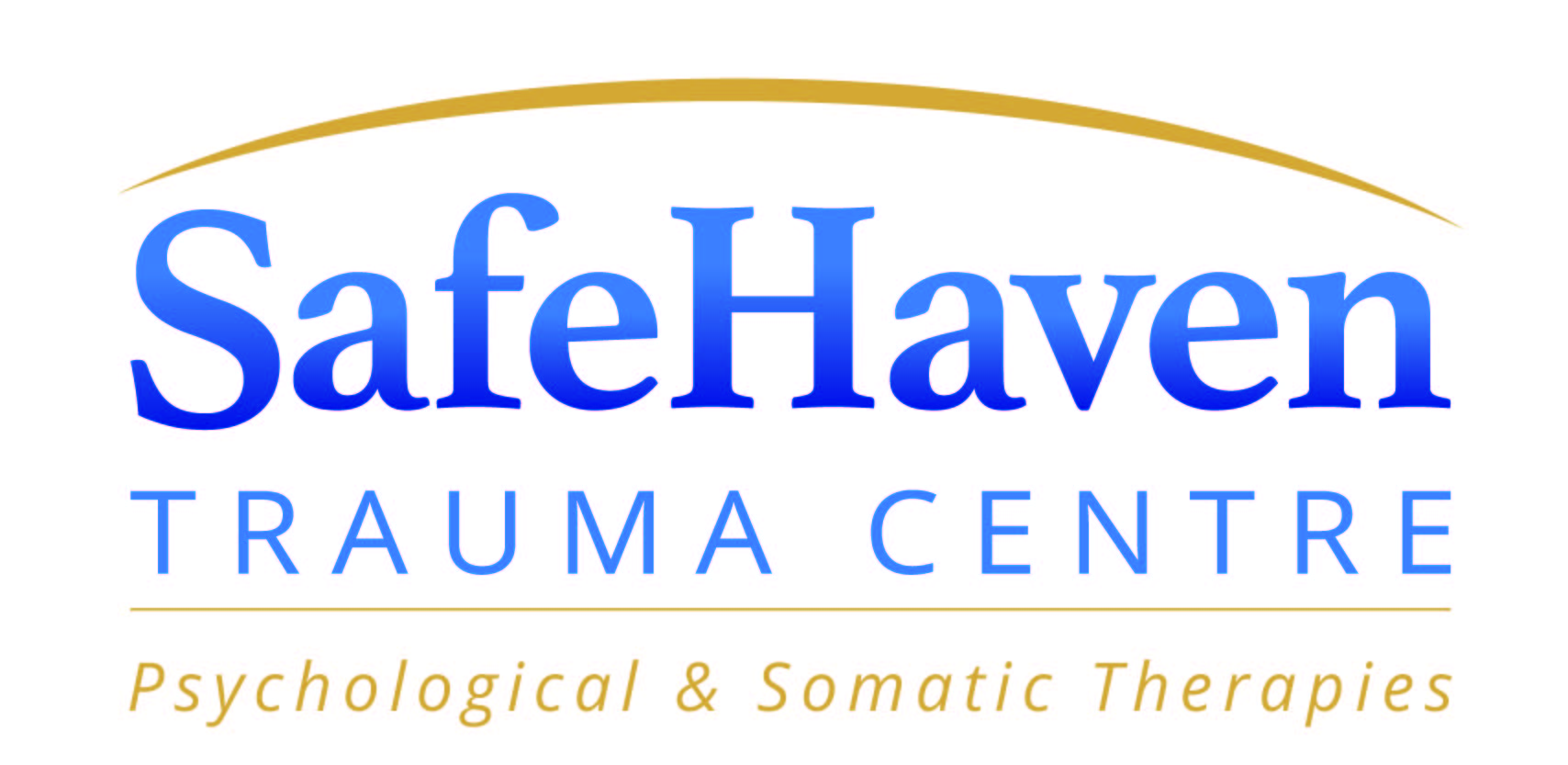
Getting help after trauma: a guide
In the UK we have recently experienced a series of large scale traumatic events, which have impacted the nation and left a vast number of people feeling shocked and traumatised. Understandably, this has raised many questions about how to best support people and help them recover. This article will provide a brief explanation of the normal human response to trauma, when and what type of help to seek and provides some self-help information to support recovery.
What is trauma?
Any event that has the potential to induce significant human distress is termed a ‘Critical Incident’, this term is used to describe the event itself. Trauma is our response to an event.
Not all people feel traumatised after experiencing a critical incident. This is because feeling traumatised is a result of a person’s physiological and psychological reaction to what has happened. Depending on our level of exposure to the critical incident, how resilient we were beforehand, the degree of stress we have in our lives at the time, our knowledge, skill and training when the incident occurs and if the event challenges or shatters our personal beliefs about people/the world; then the impact of the event will induce a different physiological and psychological reaction. Essentially, each person will be affected slightly differently.
How trauma affects the body and the mind
Trauma is as much a physiological reaction as it is psychological. When traumatised, stress hormones flood our body. They do so for good reason, as this mobilises our fight-or-flight response. This response super-charges us to react and hopefully keep ourselves safe and stay alive. However, as well as our body being affected, so is our brain. Changes in the brain, caused by the fight-or-flight response, mean we do not process the critical incident experience in the same way we do in ‘normal’ day-to-day life. Whilst these changes may help us cope at the time; they often have an impact that afterwards takes up to 4 weeks to recover from. For people who are significantly traumatised – the effects often last considerably longer.
Typically, when we feel traumatised, we can experience missing fragments of memory along with repeated re-experiencing of the incident (often called ‘flashbacks’). It is also common to experience confusion and difficulty concentrating. Other symptoms often include feeling anxious and panicky, having a higher heart rate, feeling sick or dizzy and experiencing low mood, to name a few. In essence, our physical health, our thinking, emotions and behaviour are usually all affected to some degree. Realising that feeling traumatised is as much in the body as the mind can assist in understanding how to help with recovery. More information on this can be found on the self-help sheet provided below.
Who can be affected by a traumatic incident?
Realistically anyone can be affected. Clinically, the requirement is that a person is either directly involved, or is a witness, or has someone they are close to involved in the incident, or has exposure to traumatic details about what happened (such as the exposure the emergency services will have when responding to an incident). There are limitations to this clinical definition however, as this means exposure through mainstream or social media is not counted as significant – but the reality is often people are shocked and do feel traumatized, even if not directly connected to the incident itself.
Does everyone need help?
The simple answer is that most people who have been affected by a critical incident will need some help. For many, support from family, friends and colleagues will be enough and professional psychological assistance will not be required. How much assistance a person needs depends on the extent to which a person is affected by their experience. If someone is functioning relatively well – eating, getting at least some sleep (most people experience some degree of sleep disruption immediately afterwards), able to talk to family and friends (they may not want to talk about what happened initially – but they will still engage in conversations about other matters), and going about their daily life – then likely they will not require mental health assistance, and following the guidance on the self-help sheet below will support them through their recovery.
Typical indicators that someone is not coping and may require professional assistance include self-medication, by the excessive use of alcohol or other means, withdrawing completely from family and friends, continually struggling to sleep and often experiencing nightmares when they do, significantly over or under eating, very negative thinking, persistent low mood or refusing to engage in any or the normal things they would usually do.
What, if any, is the ‘right kind’ of help?
There is often much discussion about whether someone should get psychological help immediately after a traumatic experience. The answer is; it depends.
When a person is significantly affected by a critical incident, then structured, professional help makes a significant difference within the first 4-6 weeks. Within the first 4-6 weeks the focus is on mitigating the impact of what has happened, assisting recovery and re-engaging our innate human ability to adapt and recover. Our innate ability to adapt and recover is something that often becomes ‘stuck’ when we are highly traumatised. Research has shown Critical Incident Stress Management (CISM) provides a highly effective method for this. During the first 4-6 weeks normal psychotherapy or counselling is generally not appropriate, and where it would be it should be implemented following an evaluation by someone experienced in treating psychological trauma.
If it is more than 4-6 weeks after a critical incident and someone is still struggling, then trauma-focused psychological support is likely the most suitable solution.
How to help yourself and those around you
Here at SafeHaven we are making our critical incident stress information sheet freely available. This helps you identify the natural reactions to trauma that you may experience and witness in those around you. It also provides simple guidance on what people can do to help their own recovery, as well as suggestions for supporting other people.
You can download the information sheet here:
Will it get worse before it gets better?
Recovery from shock and trauma depends on many things, the general life stress a person is dealing with, unknown stressors that can come out the blue, the level of social support from family and friends, as well as our life experiences before the incident, to name a few. For that reason recovery is rarely a straight line – the slightly better days and slightly worse days are normal. What is important is that if the person affected, or friends, family or colleagues around them, suddenly notice a significant change in a person’s behaviour or mood, and the person seems to be struggling considerably more than before, irrespective of whether it is days, weeks or months afterwards, ask for help.
Where to go for help: individuals
For most people the first place to go and ask for help will be the GP. Whilst there can be a hesitation to see your GP, it will be a vital step in accessing appropriate NHS services. We often speak to people who find talking to the GP about accessing psychological support difficult. For that reason we will be bringing you a short guide to help you through the visit.
If this article has brought up any issues for you and you would like further help, please use our contact form or call our reception on 0161 635 3522. We will be happy to either assist directly where we can, or signpost you to appropriate services.
Where to go for help: organisations
Where you have a person or a group of people impacted by a critical incident, the first, and most effect approach, is to seek Critical Incident Stress Management (CISM) support. CISM provides multiple different options, and a specialist in this area should assess your needs and recommend appropriate support.
If you are an organisation who is considering CISM support, please call 0161 635 3999. As the UK’s only internationally accredited CISM service provider, our specialist team here at SafeHaven will provide appropriate advice and assistance, to help both your personnel and your organisation.
Author

